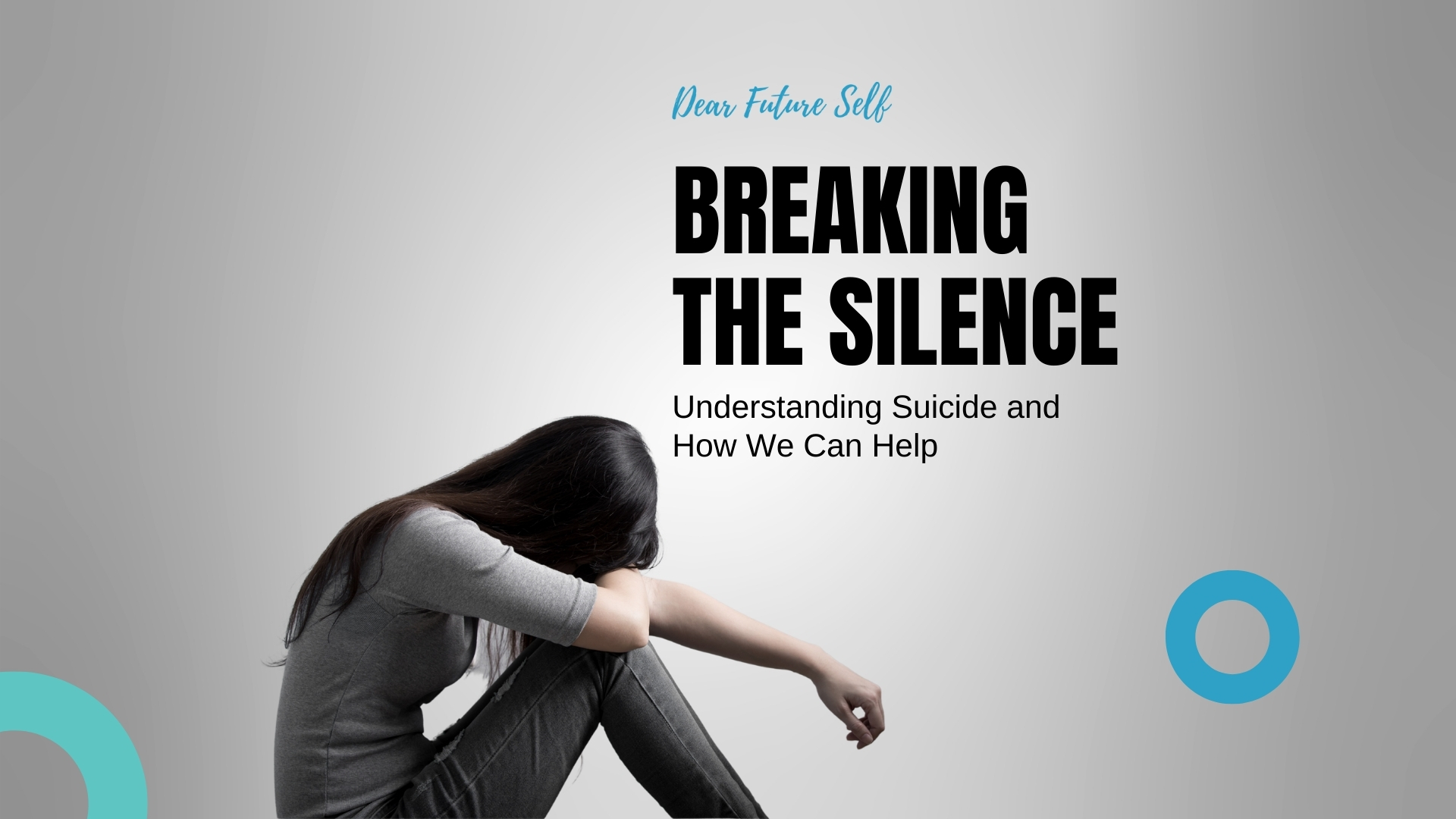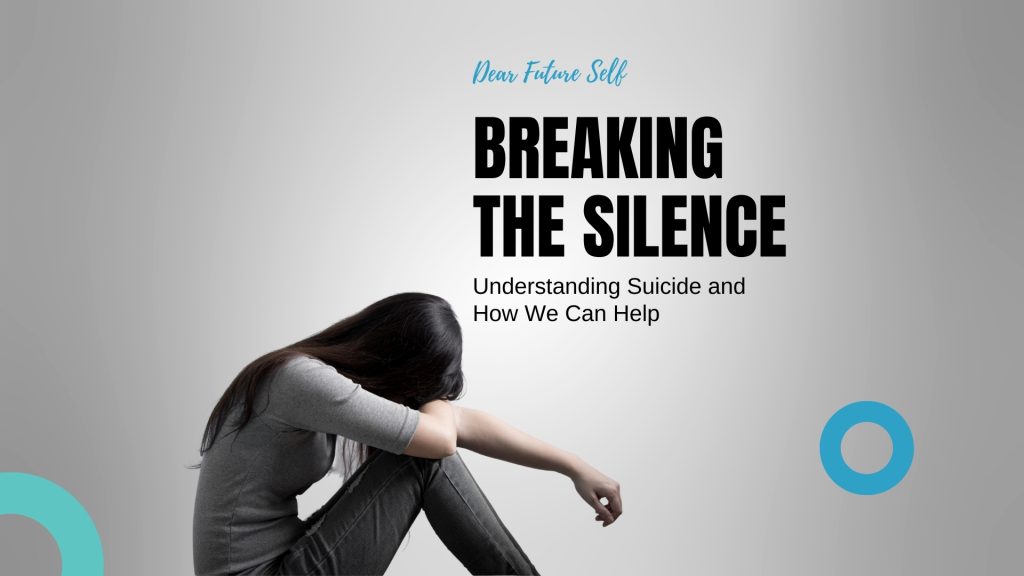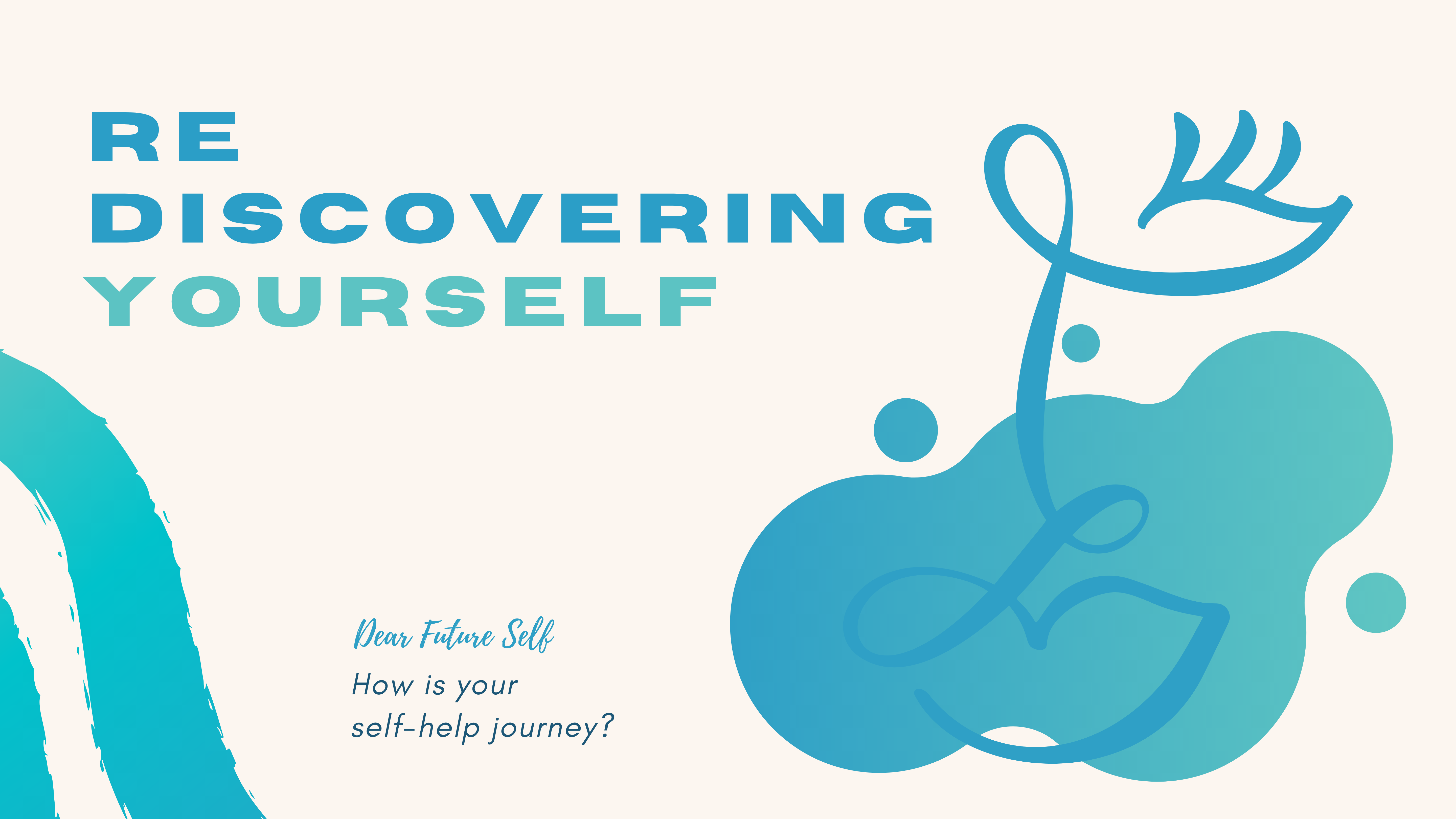
02 Sep Understanding Suicide and How We Can Help
Breaking the Silence: Understanding Suicide and How We Can Help
Suicide is a global public health issue that affects people of all ages, genders, and backgrounds. By understanding the risk factors, reasons behind it, and the ways to break free from suicidal thoughts, we can play a vital role in prevention and healing.
Why Do People Think About Suicide?
Suicide is rarely about a single cause. Instead, it often arises from a combination of factors, including:
- Mental health struggles such as depression, anxiety, bipolar disorder, or post-traumatic stress disorder (PTSD).
- Hopelessness and despair when someone feels trapped in their situation with no way out.
- Past trauma and abuse, whether physical, emotional, sexual, or psychological.
- Social isolation and lack of support from family or community.
- Financial stress, job loss, or academic pressures, which can overwhelm one’s coping abilities.
- Substance abuse, which can intensify emotional pain and lower inhibitions.
Risk Factors You Should Know
Understanding risk factors can help us identify when someone may be at risk of suicide:
- Previous suicide attempts
- Family history of suicide or mental illness
- Chronic physical illness or pain
- Exposure to suicide in peers, family, or media
- Major life changes (e.g., divorce, separation, death of a loved one)
- Easy access to lethal means (e.g., firearms, toxic substances)
It is important to remember: Risk factors are not causes, but they increase vulnerability.
How Can We Break Free From Suicidal Thoughts?
Suicidal thoughts can feel overwhelming, but they are temporary and treatable. Here are strategies that can help:
- Talk to someone you trust. Sharing what you feel can bring relief and open the door to support.
- Seek professional help. Psychologists, psychiatrists, and counselors are trained to help you navigate difficult emotions.
- Build a support system. Stay connected with family, friends, or support groups.
- Limit access to means. Remove or restrict access to anything that could be used for self-harm.
- Practice self-care. Sleep well, eat balanced meals, exercise, and engage in activities that bring you comfort.
- Develop coping skills. Journaling, mindfulness, deep breathing, or creative outlets can help release emotional tension.
- Create a safety plan. Write down your reasons for living, emergency contacts, and calming activities to turn to when the urge hits.
Frequently Asked Questions (FAQs)
1. Is talking about suicide attention-seeking?
No. Talking about suicide is a cry for help, not attention-seeking. Dismissing someone can make them feel even more isolated.
2. Can asking someone if they’re suicidal “plant the idea”?
No. Research shows that asking directly about suicidal thoughts can reduce risk and make people feel understood.
3. What should I do if I think someone is suicidal?
Stay calm, listen without judgment, and encourage them to seek professional help. If they are in immediate danger, don’t leave them alone—seek emergency services right away.
4. Is suicide preventable?
Yes. With the right support, timely intervention, and ongoing care, suicide can be prevented.
There is Hope. Help Is Here.
At Dear Future Self PH, we are here to support you. Our team of mental health professionals can guide you through your healing journey and help you build hope for a brighter tomorrow. Reach out because your story matters, and your life matters.
If you or someone you know is struggling, please remember: You are not alone, and help is available. Suicidal thoughts do not define who you are. They are signals that you need support and care.
Let us break the silence, spread compassion, and remind each other that life is worth living.
If you need immediate help and short on budget, you may contact the following organizations:
National Center for Mental Health (NCMH) Crisis Hotline
Landline: 1553
Mobile: 0917-899-8727, 0966-351-4518, 0908-639-2672
HOPELINE (Natasha Goulbourn Foundation)
Globe/TM (toll-free): 2919
Smart / PLDT: 0918-873-4673, (02) 8804-4673
Tawag Paglaum – Centro Bisaya (Cebu-based, nationwide accessible)
Smart/Sun: 0939-937-5433 / 0939-936-5433
Globe/TM: 0927-654-1629
Take the step today that your ![]() will thank you for…because healing and hope are always possible.
will thank you for…because healing and hope are always possible.
Self-Help Corner
Seek Professional Help

Gift Certificates & Self-Care Package
Connect with Us




